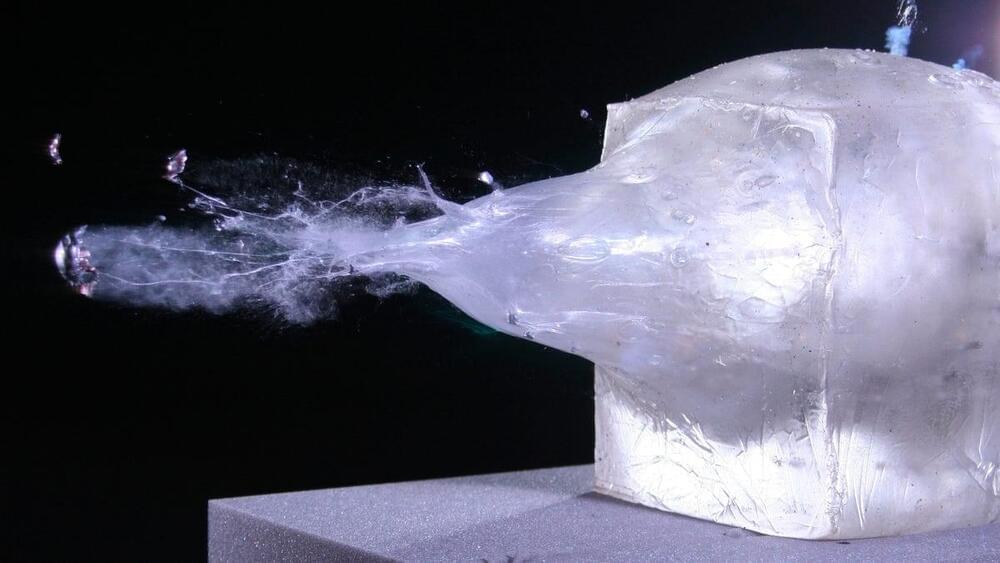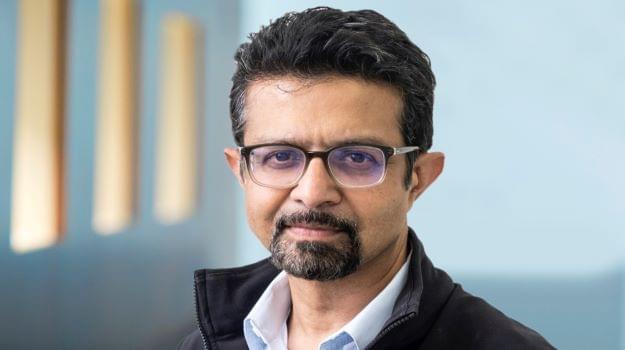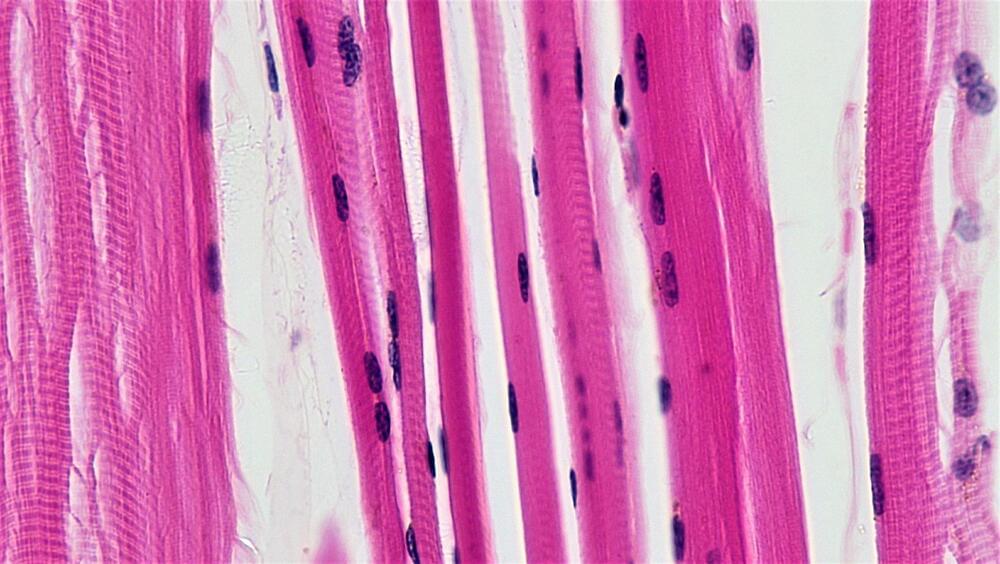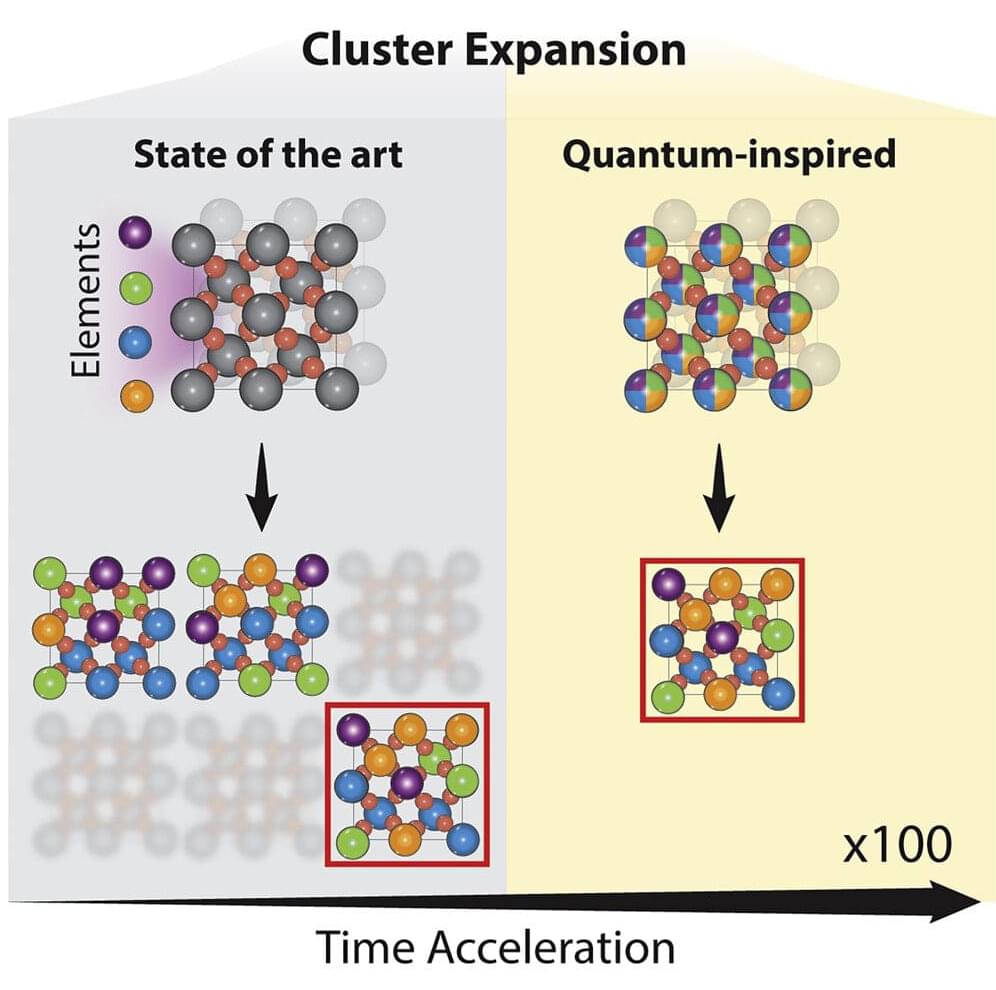Taking inspiration from Mother Nature once again results in a new material with fantastic properties.



Using a chain of atoms in single-file to simulate the event horizon of a black hole, a team of physicists has observed the equivalent of what we call Hawking radiation – particles born from disturbances in the quantum fluctuations caused by the black hole’s break in spacetime.
This, they say, could help resolve the tension between two currently irreconcilable frameworks for describing the Universe: the general theory of relativity, which describes the behavior of gravity as a continuous field known as spacetime; and quantum mechanics, which describes the behavior of discrete particles using the mathematics of probability.
For a unified theory of quantum gravity that can be applied universally, these two immiscible theories need to find a way to somehow get along.

Unity CEO Anirvan Ghosh, Ph.D./courtesy of Unity Biotechnology
Senolytic therapies are, at this point, as revolutionary as checkpoint inhibitors but with broader effectiveness. This approach delays the onset of diseases of aging by removing senescent cells from the body, thus enabling people to remain healthier longer or to regain some degree of function lost to disease.
Senolytics is a new field and most of the research is still in academic centers – most notably, the Mayo Clinic. Approval of any therapeutics is years – perhaps even a decade – away.

Ammaar Reshi was playing around with ChatGPT, an AI-powered chatbot from OpenAI when he started thinking about the ways artificial intelligence could be used to make a simple children’s book to give to his friends. Just a couple of days later, he published a 12-page picture book, printed it, and started selling it on Amazon without ever picking up a pen and paper.
The feat, which Reshi publicized in a viral Twitter thread, is a testament to the incredible advances in AI-powered tools like ChatGPT—which took the internet by storm two weeks ago with its uncanny ability to mimic human thought and writing. But the book, Alice and Sparkle, also renewed a fierce debate about the ethics of AI-generated art. Many argued that the technology preys on artists and other creatives—using their hard work as source material, while raising the specter of replacing them.
Deep Learning AI Specialization: https://imp.i384100.net/GET-STARTED
GPT-4 is the next large language model from OpenAI after GPT-3 and ChatGPT, and it’s expected to use 100 trillion parameters while accepting multi-modal inputs including audio, text, and video. Researchers have created a soft robotics device that can heal itself after being wounded and continue moving. New memristor deep learning system reduces power for AI training by 100 thousand times.
AI News Timestamps:
0:00 OpenAI GPT-4 Size.
1:18 GPT-4 AI Model Sparsity.
2:06 OpenAI Going For Multimodal.
3:15 OpenAI’s Cost of Training.
4:32 New Self Healing Soft Robotics.
6:04 New Memristor Deep Learning System.
#technology #tech #ai

Self-supervised learning is a form of unsupervised learning in which the supervised learning task is constructed from raw, unlabeled data. Supervised learning is effective but usually requires a large amount of labeled data. Getting high-quality labeled data is time-consuming and resource-intensive, especially for sophisticated tasks like object detection and instance segmentation, where more in-depth annotations are sought.
Self-supervised learning aims to first learn usable representations of the data from an unlabeled pool of data by self-supervision and then to refine these representations with few labels for the supervised downstream tasks such as image classification, semantic segmentation, etc.
Self-supervised learning is at the heart of many recent advances in artificial intelligence. However, existing algorithms focus on a particular modality (such as images or text) and a high computer resource requirement. Humans, on the other hand, appear to learn significantly more efficiently than existing AI and to learn from diverse types of information consistently rather than requiring distinct learning systems for text, speech, and other modalities.


Microsoft shared a pair (opens in new tab) of blog posts (opens in new tab) summarizing the progress and success of its HoloLens 2. The tech giant has brought together several of its popular services and capabilities to improve collaboration within augmented reality. Full Microsoft Teams integration with HoloLens 2 headlines a wave of updates that center on collaboration.
Microsoft also highlighted several partnerships, including its work with Toyota.

During aging, mice, like humans, become inactive and lose muscle mass and strength. A team of scientists led by Johan Auwerx at EPFL have now discovered that when mice age, their muscles become packed with ceramides. Ceramides, known for their use in skin care products, are sphingolipids, a class of fat molecules that are not used to produce energy but rather perform different tasks in the cell.
The researchers found that, in aging, there is an overload of the protein SPT and others, all of which are needed to convert fatty acids and amino acids to ceramides. “The sphingolipids and ceramides are complex yet very interesting fat class, and there is high potential to further study their role in aging, as they perform many diverse functions,” says Dr. Pirkka-Pekka Laurila, a medical doctor and the lead author of the study.
Next, the scientists wanted to see whether reducing ceramide overload could prevent age-related decline in muscle function. They treated old mice with ceramide blockers, such as myriocin and the synthetic blocker Takeda-2, and used adeno-associated viruses to block ceramide synthesis specifically in muscle. The ceramide blockers prevented loss of muscle mass during aging, made the mice stronger, and allowed them to run longer distances while improving their coordination.

Researchers from the University of Toronto’s Faculty of Applied Science & Engineering and Fujitsu have developed a new way of searching through ‘chemical space’ for materials with desirable properties.
The technique has resulted in a promising new catalyst material that could help lower the cost of producing clean hydrogen.
The discovery represents an important step toward more sustainable ways of storing energy, including from renewable but intermittent sources, such as solar and wind power.